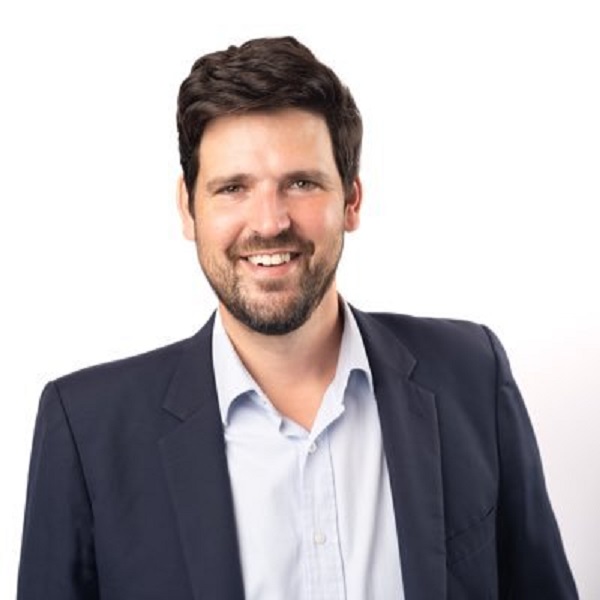SEAN Fraser, Minister of Immigration, Refugees and Citizenship, on Monday announced during a keynote speech to business and sector leaders, NGOs and civil society organizations in Toronto that Canada will launch a new economic pathway under the Economic Mobility Pathways Pilot (EMPP) to help employers hire skilled refugees and other displaced individuals.
The EMPP pairs skilled refugees and other qualified displaced individuals with Canadian employers who need to overcome labour shortages in key occupations. This allows Canada to welcome vulnerable people, while giving Canadian employers access to an untapped talent pool from which they can attract and retain employees with the skills they need to help grow the economy.
The Government of Canada is expanding the EMPP by creating a new federal pathway. The new pathway, which will complement existing EMPP pathways, will open this summer.
The new federal pathway will give employers more opportunities to fill a wide range of indemand jobs, including nurse aides, personal support workers, long-term care aides, software engineers, web designers, mechanical and electrical engineers and technicians, teachers, tourism and hospitality workers, and truck and delivery service drivers.
The EMPP gives employers another avenue to address their labour market needs, while offering EMPP candidates an opportunity to restart their careers and their lives in safety with their families here in Canada.
In addition, the EMPP will now include a more flexible approach to eligibility by allowing other displaced people who lack a durable solution and are in need of international protection to apply.
As these individuals rebuild their lives and careers, they help fill gaps in the labour force, contribute to local economies, and enrich communities, according to the federal government.
More information on the new federal pathway, including eligibility criteria, will be available on the EMPP webpage in the coming weeks.
Quick Facts:
* Through the EMPP, seven NGO partners help skilled refugees overseas connect with employers who need to overcome critical labour shortages. Once candidates receive a job offer, they can apply to immigrate to Canada through existing regional economic programs. After the relevant province, territory or community approves the application, candidates can then apply to Immigration, Refugees and Citizenship Canada (IRCC) for permanent residence, using EMPP measures that remove barriers refugees may experience due to their displacement.
* The application process for the new federal pathway will be easier and faster thanks to standardized eligibility criteria and the fact that only one application needs to be submitted. In most cases, applications are expected to be processed within six months, so EMPP newcomers will be able to move to and start working in Canada quickly.
* EMPP facilitation measures include waiving some fees, making it easier to validate work experience, and letting candidates use loans to fund travel costs, settlement needs, start-up costs and fees that cannot be waived. An NGO partner provides lowinterest microloans to eligible EMPP candidates who do not have the minimum funds to meet settlement requirements.
* Canada has set ambitious targets for the EMPP—over the next few years, Canada will continue to expand it and welcome 2,000 qualified refugees and other displaced individuals to fill specific labour shortages in high-demand sectors, such as health care, skilled trades and information technology.
* NGO partners are working with provinces, territories and communities to engage employers across the country, for example by organizing job fairs to connect them to qualified candidates overseas.
* With the new federal pathway, employers will be able to hire refugees and other displaced people who qualify under any National Occupation Classification 2021 category (TEER 0–5).
* The Government of Canada will work closely with partner organizations and communities across the country to raise awareness of the new pathway among employers and sector leaders so they can factor skilled refugees and other qualified displaced people into their recruitment plans.
* The new pathway will build on ongoing measures to expand the pilot. In December 2022, IRCC announced new funding for partner organizations to build their capacity in key areas, for example by identifying qualified candidates overseas and supporting candidates and employers throughout the interview, hiring and immigration processes. Canada has also started rolling out a more flexible process with trusted partners to make it easier for qualified candidates to apply to the EMPP.













